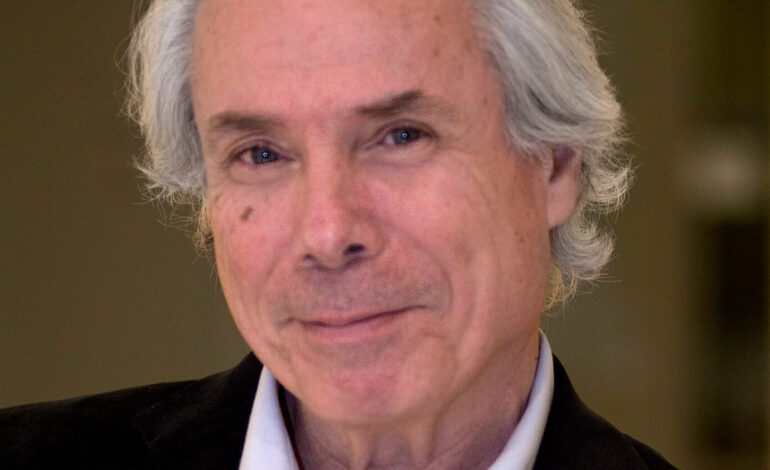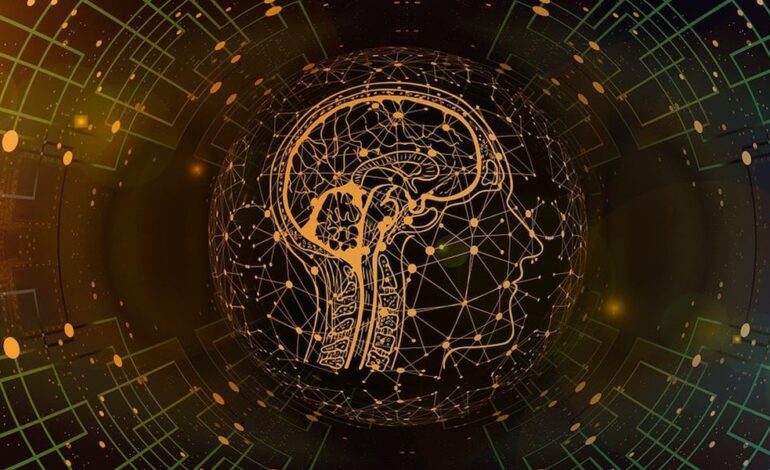Trump’s Pardons: A Shield for Allies and Supporters
In recent developments, former President Donald Trump has leveraged his power to grant pardons and commutations, helping allies and supporters avoid significant prison sentences. This article delves into the implications of these actions, examining the motivations, key figures involved, and potential consequences for the justice system and political landscape.
Understanding Trump’s Use of Pardons
Former President Donald Trump’s use of pardons has been a focal point of his post-presidential actions, raising eyebrows and stirring debate. By granting clemency to close allies and political supporters, Trump has effectively shielded many from lengthy prison sentences, influencing their fates and reflecting the powerful and controversial role of presidential pardoning.
Key Beneficiaries of Trump’s Pardoning
The list of beneficiaries from Trump’s generous use of pardons includes names from various scandals and controversies, notably those involved in the January 6 Capitol riot and financial crimes. Figures such as reality television personality Todd Chrisley and individuals tied to Trump’s political endeavors have found reprieve through his actions.
Implications for the Justice System
The extensive use of presidential pardons by Trump raises critical questions about the justice system’s integrity and fairness. Critics argue that these decisions may undermine the rule of law by allowing politically motivated interference in legal proceedings, thus potentially weakening the courts’ authority and impartiality.
The Political Ramifications
Trump’s selective pardoning strategy has significant political ramifications, possibly emboldening his supporters while deepening political divides. This maneuver could reshape future presidential elections, influencing voter perceptions about justice and political power, and defining the legacy of Trump’s presidency.
Conclusion
Donald Trump’s strategic use of pardons has profound implications for justice and politics, raising questions about equity and the potential for misuse of power. While benefiting his allies, this practice highlights deepening partisan divides and the potential erosion of judicial processes in favor of personal and political alliances.






